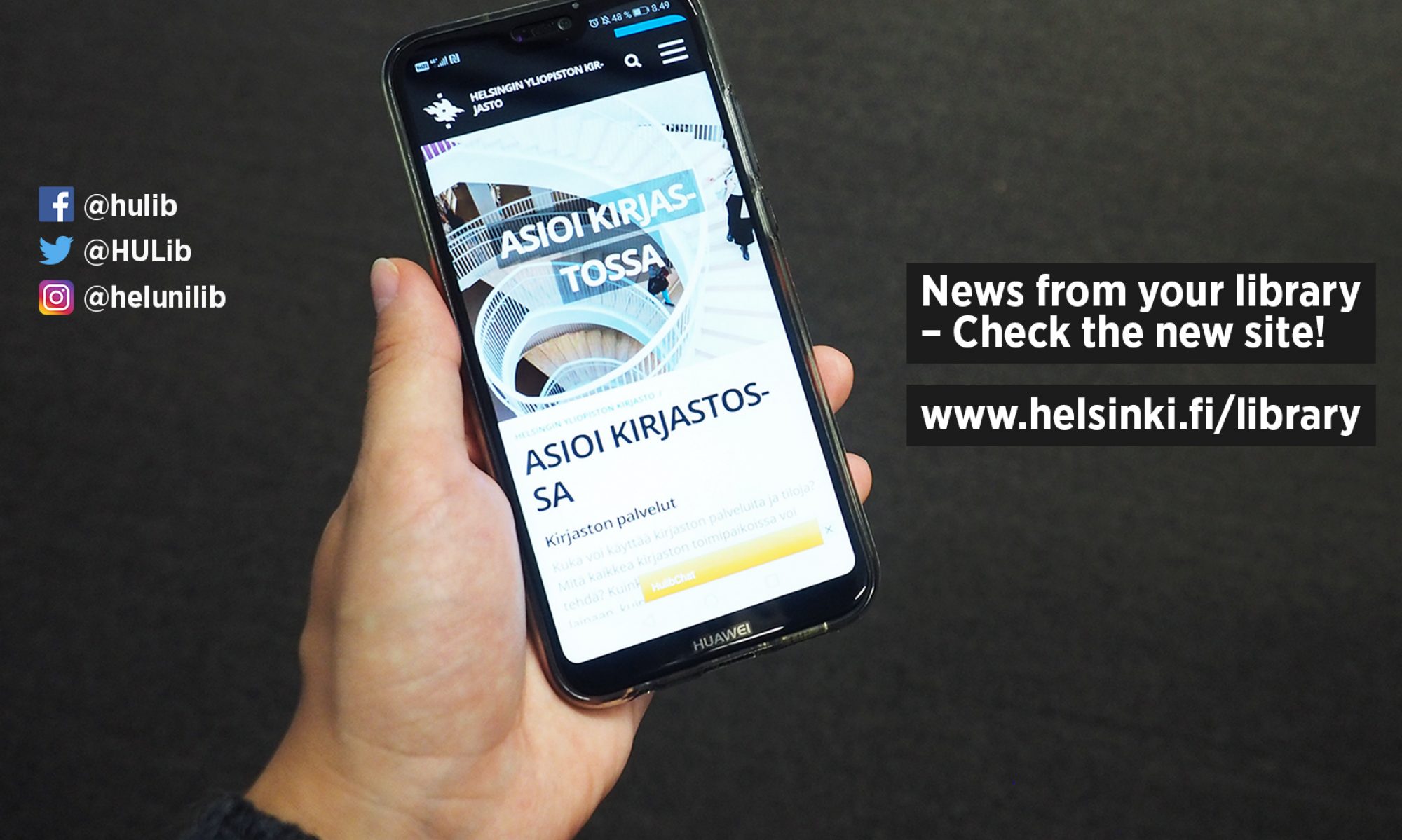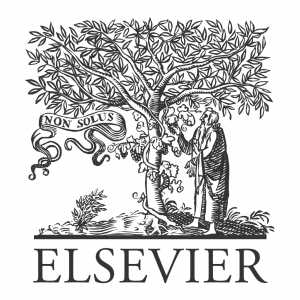Today, researchers, teachers and students at Finnish universities lose access to hundreds of scientific publications as the negotiations between the national FinELib library consortium and scientific publisher Taylor & Francis ended without result. Negotiations with another major international publisher, Wiley, are still ongoing, and access to Wiley journals has been extended until 18 February 2019.
Arja Tuuliniemi, who is in charge of FinELib services, considers the result of the Taylor & Francis negotiations unfortunate. However, the door is open for further negotiations.
“We are ready to continue the negotiations, provided that the publisher sets more reasonable demand”, says Tuuliniemi in the FinELib news release.
Extensive support for FinELib goals
The reason for the difficulties in the negotiations is money. So far, Taylor & Francis has not been willing to compromise on its profitable business model for the benefit of FinELib’s negotiating goals.
FinELib’s goal is an agreement that covers, without any additional charge, authors’ fees (article processing charges, APCs) for open access publishing – in brief: the subscription fees of scholarly journals should cover the APCs. This goal is aimed at curbing ever-increasing costs, and it also aims to transform an unsustainable system into one that is more beneficial to the scientific community.
Similar negotiations are taking place in different countries, and FinELib’s negotiating goals are also in line with the aims of the European Union and the Ministry of Education and Culture in Finland. Universities Finland (UNIFI), which represents all 15 Finnish universities in Finland, also supports the FinELib.
“UNIFI considers the continuation of the current subscription agreements to scholarly journals as unsustainable, and is therefore committed to achieve the goal of making publicly funded research openly available through a constructive dialogue with the publishers. The university rectors will participate actively in formulating and executing the negotiation strategy. UNIFI will not recommend the renewal of agreements that fail to meet the aforementioned principles”, states the UNIFI news release of 19 September 2018 (pdf link).
The University of Helsinki also supports the negotiation goals.
“At the University of Helsinki, open science is one of the strategic priorities, and therefore the university fully supports FinELib’s negotiation goals. The offers made by both publishers have so far been unacceptable from the point of view of costs as well as openness”, says Paula Eerola, Vice-Rector of the University of Helsinki, responsible for research and research infrastructures.
Eerola understands the concerns of researchers when access to journals is blocked, but she is convinced that “it is time to shift scientific publishing into a new position”.
“Since the reputation of a scientific journal does not increase or decrease rapidly, it is important to focus the pressure of openness especially on reputable journals and their publishers. The need for this change is recognised globally”, says Eerola.
The library helps researchers, teachers and students
There is, of course, another side to the negotiations: researchers’, teachers’ and students’ access to most of Taylor & Francis’s journals is now blocked – some of the T&F journals are still accessible through old agreements. The Helsinki University Library (HULib) has been preparing for the no deal situation for some time.
“Implementing openness at a reasonable cost serves the interests of the entire academic community. During the transition period, the library wants to help researchers and students to gain access to both new and older scientific articles. We will also report on the progress of the negotiations and develop our guidelines on how to get access to articles”, says Kimmo Tuominen, University Librarian of the Helsinki University Library.
On the HULib website, there is an Alternative Access webpage, which offers tips on how to get access to Taylor & Francis articles that are not available through the Helka service. Alternative Access also provides up to date information on the negotiations. The library will continue to explore various ways to make the necessary articles available.
“In the near future, we will also start using the Get It Now article delivery service (by Copyright Clearance Center), and we hope it will help ease the discovery of articles. We are happy to answer questions from researchers, teachers and students by email, face to face as well as via chat”, says Tuominen.
The easiest way to get in touch with the library is by sending an email to: e-library@helsinki.fi.

